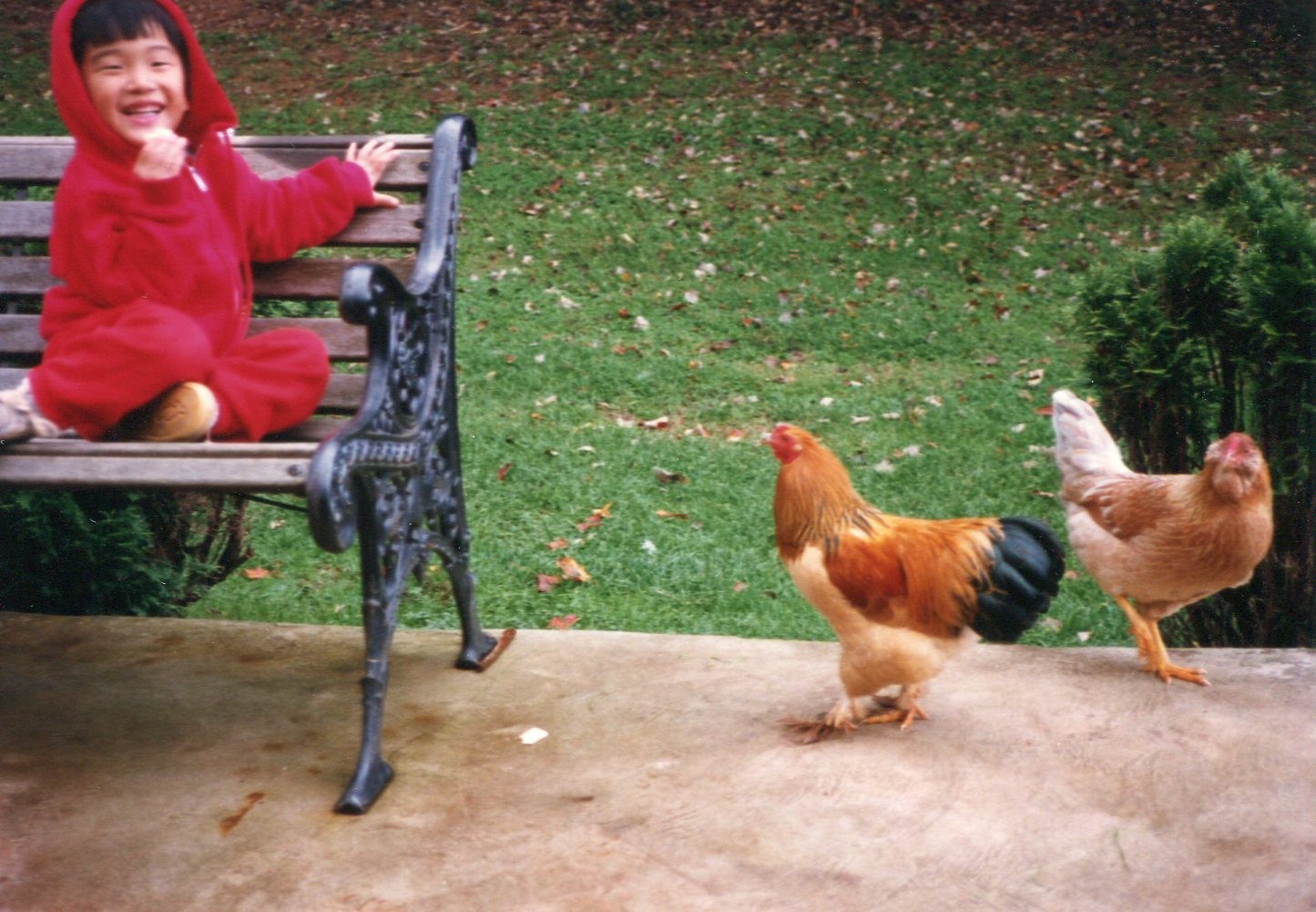by guest Blogger Brandon Butler
After falling in love at your local animal shelter, you’re thinking about adopting your first pet. Whether it has four legs or two, fur or feathers, a pet is a great addition to any home — but it’s not a decision to take lightly. Pet ownership is a big responsibility, so it’s important to prepare!

How Do I Know If a Pet Is Right for Me?
Instead of paying attention to how a pet looks, think about how its needs fit into your lifestyle.
Small Mammals
Small pets such as hamsters and guinea pigs are a great choice for people with limited space. Since many small pets tend to get stressed if they live alone, it’s usually best to adopt small mammals in pairs. Keep in mind, however, that not all small mammals like to be handled — luckily, they’re very entertaining to watch!
Birds
Birds are beautiful, bright, and exotic. They’re also high maintenance. Birds need a lot of interaction and some species live 20 to 30 years or more, making a pet bird a major commitment! Birds aren’t the best choice for first-time pet owners, but if you’re set on a feathered companion, consider a budgie or even backyard chickens.
Cats
Cats have a reputation as low-maintenance pets, but don’t be fooled: Cats like to exercise, play, and even go outdoors with a leash or catio! If you want a companion but can’t keep up with the exercise needs of a dog, a cat may be the right choice for you.
Dogs
Dogs are the most popular pet: 38 percent of all households in the US own a dog. However, dog ownership can be difficult for people with full-time jobs. If you do have the time and energy to devote to a dog, you’ll never have a more loyal companion!
What Does a Pet Cost? Do I Need Pet Insurance?
Between adoption fees, vaccinations, and spay or neuter, the first year of pet ownership is expensive. However, the costs don’t stop there. Cats cost $92.98 a month on average, while dogs run $139.80 monthly. Pet insurance defrays costs in veterinary emergencies, but most policies don’t cover routine care. For that reason, every pet owner should have a pet fund.
You should also factor the costs of pet sitting into your budget. A trusted sitter is a great resource when traveling, but the costs can be hard to swallow if you don’t budget for it. Research local pet sitters and learn their costs to estimate what you’ll pay for pet care.
What Type of Veterinary Care Does My New Pet Need?
New pet owners should schedule a vet appointment within a week of adoption. Your pet’s first vet visit is an opportunity to meet your vet, get vaccines, and make sure your pet is healthy. If your pet isn’t spayed or neutered and microchipped, schedule those services too. Spaying and neutering not only prevent unwanted puppies and kittens, but it’s also good for your pet’s health.
How Can I Protect My Home from Pet Damage?
Some first-time pet owners wonder if they should declaw their cat or keep their dog outdoors, but there are more humane ways to protect your home from damage.
- Provide cats with some appropriate scratching surfaces such as cat trees, scratching posts, and cardboard scratches.
- Clean furniture regularly to prevent fur and odor build-up. If you don’t want to tackle this job yourself, outsource to a professional upholstery cleaner who will typically charge $150 to $200 for this service.
- Groom pets regularly. A shedding brush is a dog owner’s best friend!
- Keep cleaning supplies handy. Even well-trained pets have occasional house accidents. Keep pet stain remover on hand and always blot, don’t rub, when cleaning urine out of furniture and carpets.
These tips will help you be the best pet parent you can be, but there’s one more thing you can do to be a responsible pet owner: Adopt, don’t shop! Adopting a pet isn’t just cheaper than buying, it also saves lives, reduces pet overpopulation, and improves your local community. The Humane Society of Tampa Bay saves 87% of the more than 10,000 animals it intakes every year. By choosing to adopt love, you can help save even more!
NOTE: An excellent article, thank you Brandon. Before getting a dog, cat or bird, it is a good idea to locate a competent dog trainer and/or cat and bird behavior consultant in the event that you need help. You can find one at iaabc.org It is also important to select the veterinary hospital in your area and establish yourself with them. Various clinics handle a variety of pets from dogs, cats, birds and exotics.



